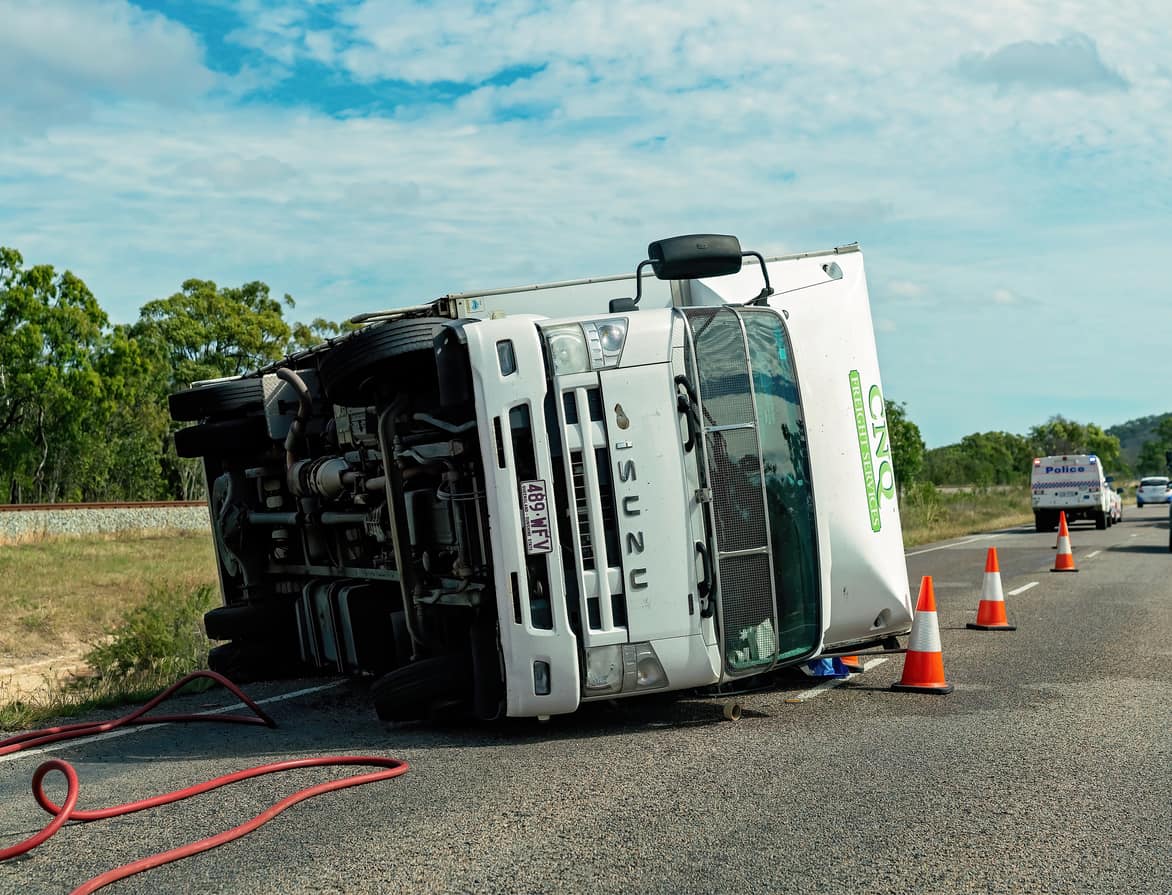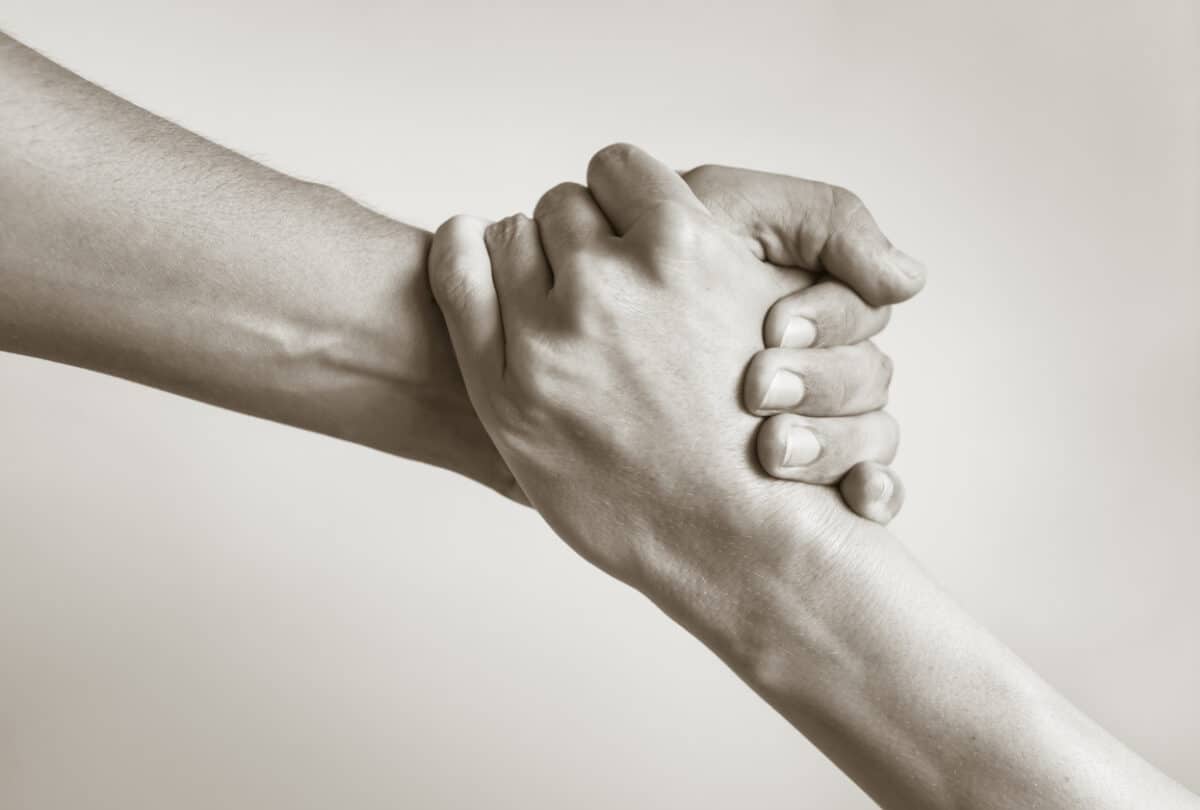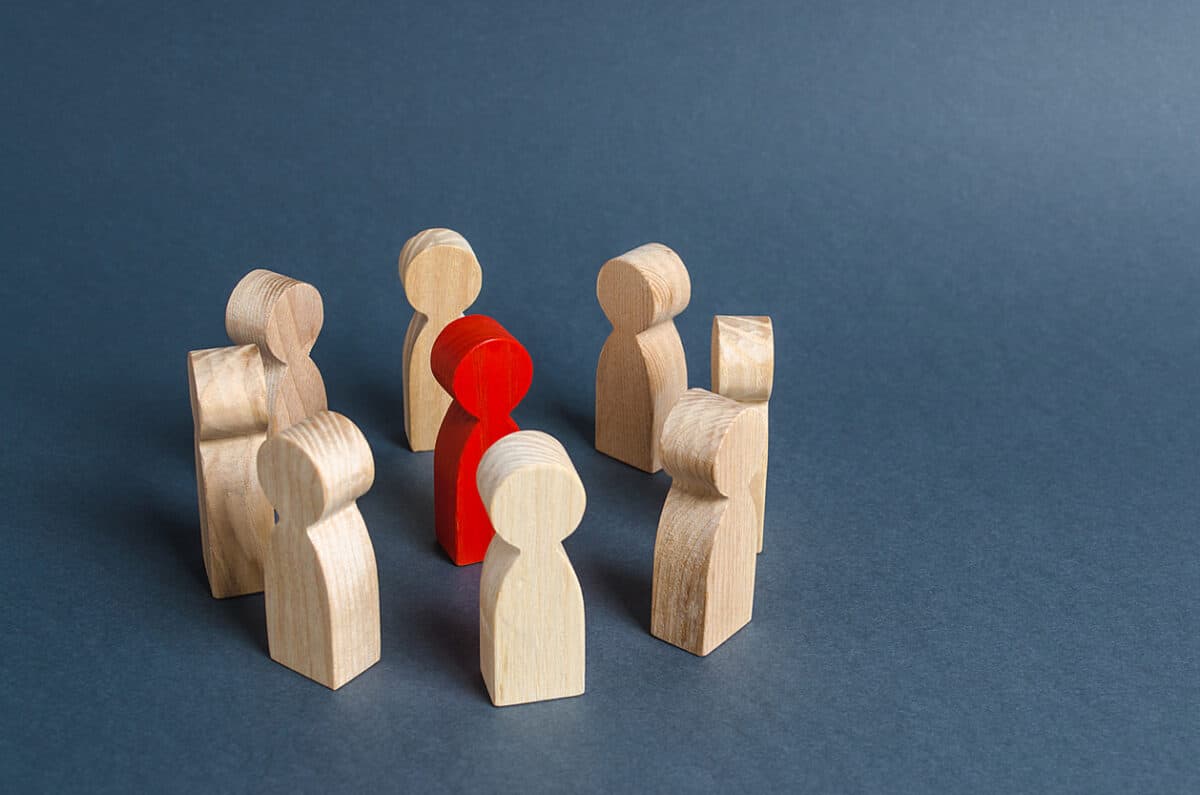People like Ken Phillips continue to pursue Premier Daniel Andrews and others for alleged breaches of occupational health and safety (OHS) laws over COVID19-related deaths stemming from failures in Victoria’s hotel quarantine program. On March 17 2021, the pressure to hold the Premier to account increased in the Victorian Parliament, largely under the guise of OHS duties.
On March 17, 2021, the following motion was put to the Legislative Council by the Liberal Party’s Shadow Attorney General, Edward O’Donoghue:
“… that this House calls on the Minister for Workplace Safety, the Hon Ingrid Stitt MLC, to exercise her power, confirmed in section 7(1)(a) of the Occupational Health and Safety Act 2004, to direct WorkSafe Victoria to —
Hansard, pages 23-24
(1) conduct an urgent investigation into all occupational health and safety risks and corresponding responsibilities for duty holders within the Hotel Quarantine Program managed by COVID-19 Quarantine Victoria and its predecessors with responsibility for hotel quarantine;
(2) ensure the report includes details of the health and safety risks and corresponding responsibilities for duty holders;
(3) complete the inquiry and present a Report to the Minister for Workplace Safety by 31 May 2021; and
(4) cause the Report to be tabled in the Council on the next sitting day after it has been received from WorkSafe Victoria.”






